
There are a number of important benefits to be gained by integrating Hubspot marketing with your Shopify ecommerce site.
When you use these two tools together, your company is able to leverage critical customer and purchasing data from your shopping cart with Hubspot’s powerful inbound marketing, measurement, and reporting tools. This allows you to better understand your buyers, create more effective engagement campaigns, and drive revenue. In short, it’s a complete solution for inbound marketing and ecommerce, and it provides your company with the suite of tools necessary to manage your online marketing as efficiently as possible.
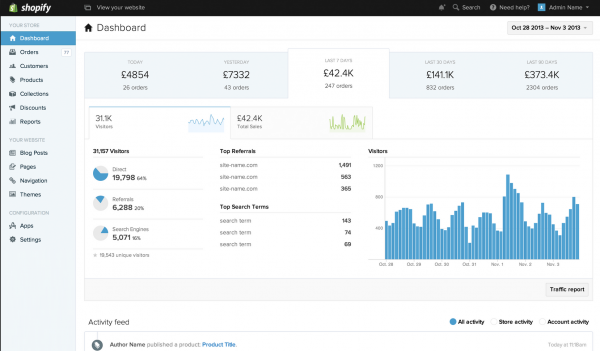
With that said, here are the four key benefits of using Hubspot with Shopify:
1. Increase revenue by recovering abandoned shopping carts. According to the Baymard Institute, almost 68 percent of online shopping carts are abandoned, representing huge potential revenue losses for ecommerce websites. By integrating Hubspot with Shopify, you can lessen the impact and recover a substantial portion of those abandoned carts. Hubspot gives you the power to use automatic workflows to send out follow-up emails to customers who left items in their shopping cart, reminding them to complete their purchase with a single click. This feature has been so successful that companies who leverage it correctly see an estimated 21% decrease in shopping cart abandonment.
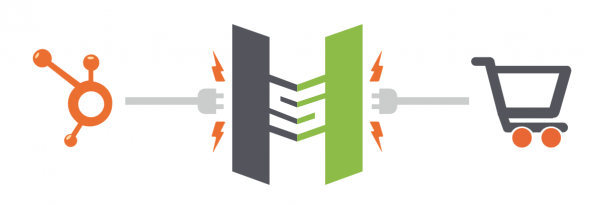
2. Advanced customer reporting and segmentation. Using Hubspot with Shopify allows you to seamlessly sync all of your customer and order data with Hubspot’s smart lists and reporting tools. This provides invaluable insight into which customers, channels, and content are performing the best. It also allows you to see how your best customers found your site, which marketing efforts have been most successful, which products are selling the most, and what your different buyer personas are purchasing. All of this data can then be leveraged to make smarter marketing decisions that drive revenue.
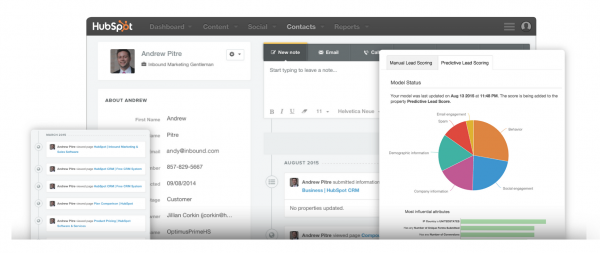
3. Nurture buyers--building loyalty and repeat purchasing. The Hubspot and Shopify integration makes it easy to nurture your buyers with automatic and personalized communications designed to inspire purchasing decisions. You can send emails to welcome new buyers to your site, follow-up with customers after their purchase, request product reviews, and let buyers know about relevant products they may be interested in based on their past purchasing behaviors. All of these measures drive revenue and increase the lifetime value of your average customer.
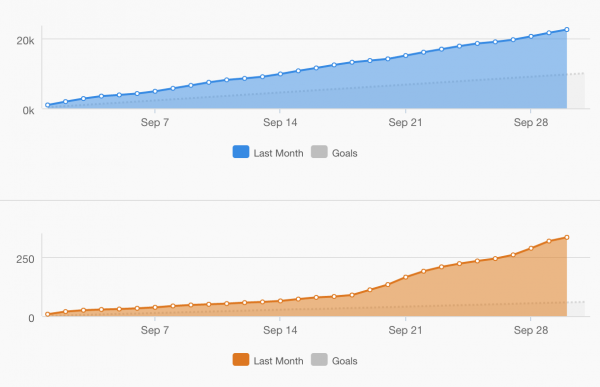
4. Access to Hubspot’s powerful suite of tools. Integrating your Shopify ecommerce website with Hubspot also allows your company to reap the benefits of Hubspot’s powerful tools for visitor tracking, lead intelligence, and social media monitoring. These tools allow you to prioritize products buyers have a history of purchasing, welcome back customers with personalized messages, and prioritize your social media engagement – all actions that will keep your customers engaged and drive revenue.
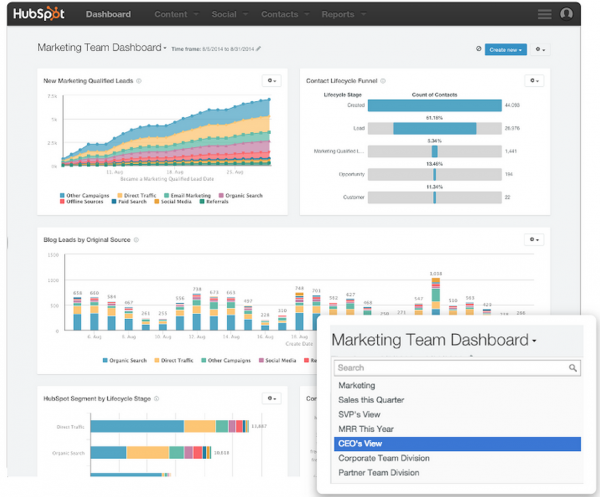
SOURCES
Shopify, Why Online Retailers Are Losing 67.45% of Sales and What to Do About It, https://www.shopify.com/blog/8484093-why-online-retailers-are-losing-67-45-of-sales-and-what-to-do-about-it
Hubshop.ly, https://hubshop.ly/
by Jonathan Franchell, CEO of Ironpaper - For more tips and hacks: Need to remove a new line after h1 tags? Both web designers and SEO practitioners need to employ headline tags: H1, H2, H3 in several ways to improve web page structure and tag...

The marketing industry is transforming significantly due to generative AI and increasing market complexity. Gartner's prediction of a 25% decline in traditional search traffic suggests that the era of search engines is dying. AI tools, particularly...

The Crowded Arena of the IT Marketplace Updated December 2024 The Information Technology (IT) landscape is experiencing rapid growth and intensifying competition. IT spending is projected to reach nearly 5.1 trillion U.S. dollars in 2024, a...

Marketing healthcare technology presents unique challenges that differ significantly from other industries. The complexity of medical products, the stringent regulatory environment, and the diverse needs of healthcare providers create barriers that...
